Have you heard of quercetin? Or know that taking a supplement of this flavanoid may be useful for some people with mast cell disorders, as we talk about below?
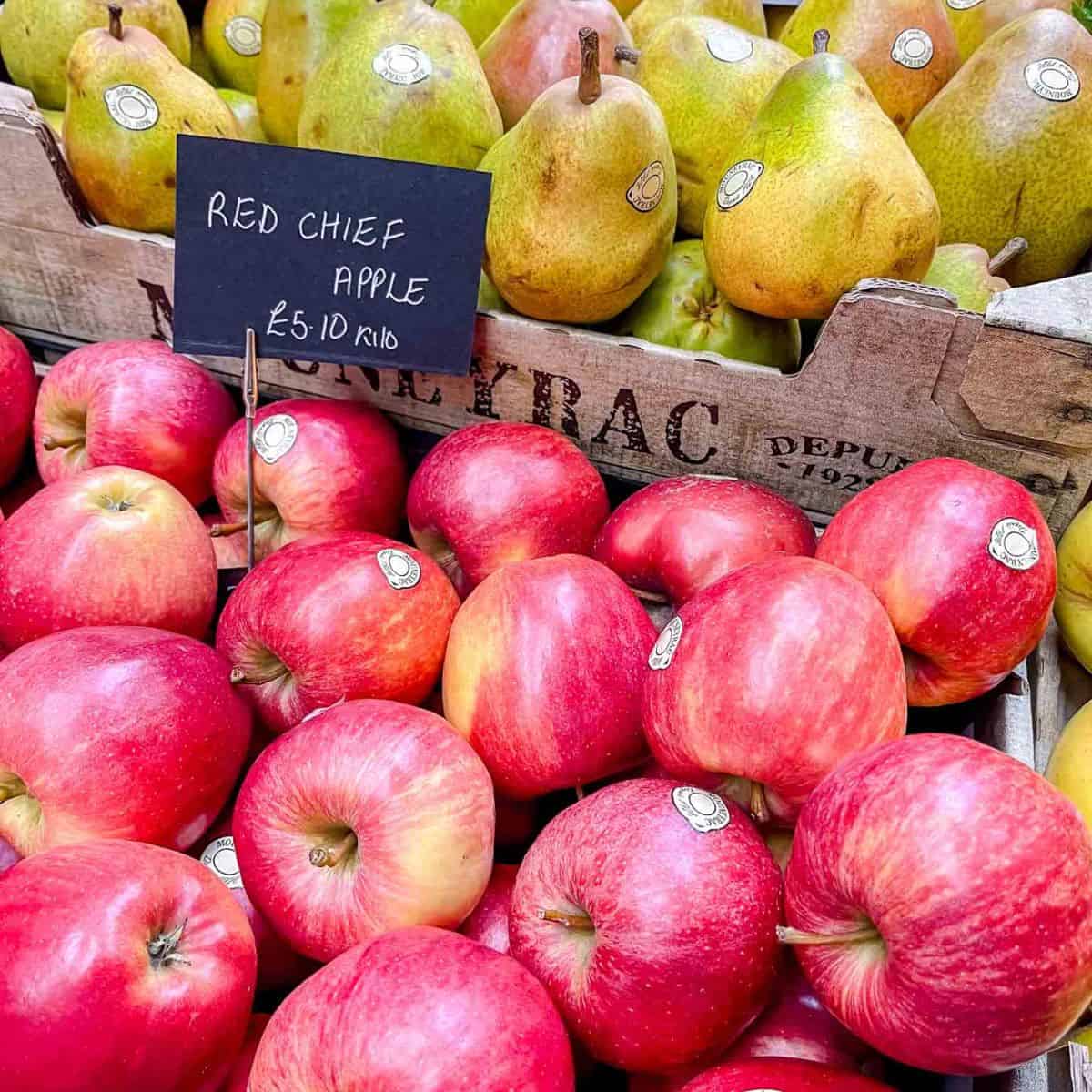
Before being diagnosed with mast cell activation syndrome (MCAS) I hadn’t ever heard of quercetin. In fact, even after I was diagnosed with this condition by an immunologist following a series of tests, my doctor didn’t speak to me about this supplement.
I don’t know whether this is because he prefers to prescribe ‘traditional’ medication so-to-speak or just that he doesn’t feel that recommending supplements is part of his role.
However, as someone who loves a good Google, I soon came across talk of quercetin as a potentially beneficial supplement if you suffer from a mast cell disorder or histamine issues (Weng et al). Then other doctors started to mention it to me, it was recommended by a dietician I saw and it kept being talked about in patient groups that I belong to. I hope this post serves as a useful resource if you choose to speak with your doctor about taking this supplement.
This post is for informational purposes only and does not constitute medical advice in any way. Always consult with a doctor before taking a new supplement. I am not a doctor, only a patient.
Jump to:
What is quercetin?
Quercetin is a flavonoid found in fruits and vegetables, and is categorised as a flavanol, one of the six subclasses of flavonoid compounds (Li et al, 2016).[1] It is found in many foods, including ‘apples, berries, Brassica vegetables, capers, grapes, onions, shallots, tea, and tomatoes, as well as many seeds, nuts, flowers, barks and leaves’ (Li et al. 2016). Quercetin, then, is a substance that we consume through our diet and is a 'natural' substance.
However, many people with mast cell disorders will follow a low histamine diet and, as you may have noticed from that list, a lot of those foods are exactly those that often need to be avoided – especially tomatoes, capers and tea. So it seems possible that we may not be consuming as much quercetin as a person who can eat a more varied diet.
In an article written by Li et al, and published in the journal Nutrients, the authors cite studies that found that in the US, flavanol intake is about 13mg per day, with quercetin being about three-quarters of this (2016). This amount of quercetin is a lot lower than the 500 mg found in most quercetin supplements (for the often recommended dose of two tablets a day given on product packaging). If you live with a mast cell disorder then, it may be helpful to ask your doctor whether taking a quercetin supplement may be beneficial to you.
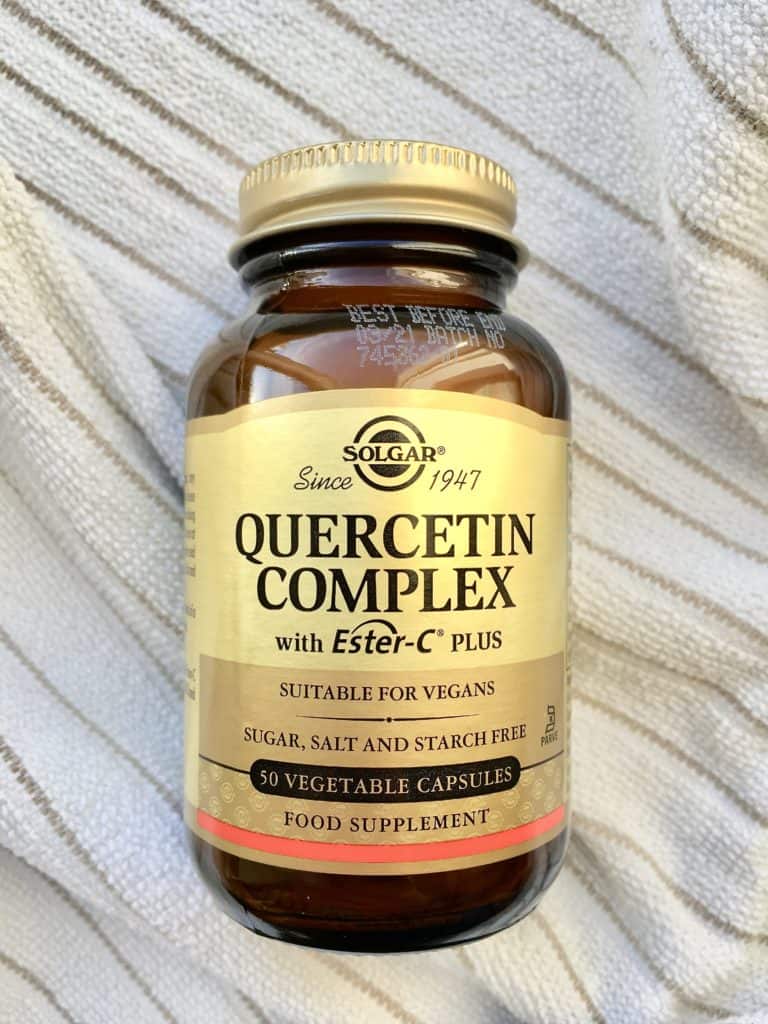
How can quercetin help me?
I'm not a doctor, and cannot offer medical advice, so please ask a medical professional for their opinion. Studies that I have read, to get a bit academic for a moment, state that quercetin has been reported as a ‘long lasting anti-inflammatory substance that possesses strong anti-inflammatory capacities’ (Li et al. 2015).
More specifically to mast cell disorders, quercetin is ‘known to possess both mast cell stabilizing and gastrointestinal cytoprotective activity’ (Li et al. 2015). Another study by Weng et al. (2012) refers to evidence that quercetin is effective at blocking human mast cell cytokine release and can inhibit contact dermatitis photosensitivity in humans.[2] Most interesting, they found that quercetin is more effective than cromolyn (a mast cell stabiliser) in inhibiting release of pro-inflammatory cytokines from human mast cells. [3]
My experience of taking quercetin
After a year of taking typical mast cell stabilisers and anti-histamines (which I still take), and following a low histamine diet, I wasn’t fully on top of my symptoms. I was really disheartened and wanted to know if there were any lifestyle, dietary changes or supplements I could take that may be beneficial.
So the next time I saw my immunologist I asked him about quercetin. He was happy for me to try it alongside my regular medication, and said that he thought about 50% of his patients saw an improvement in their symptoms. So I gave it a go, and have been really impressed by the positive benefit that I have seen from taking this supplement.
My worst symptom of MCAS is facial flushing and the sore, burning, stinging pain that comes along with it. I am particularly triggered by heat, certain foods and sometimes exercise. When I am in a particularly bad flare-up, eating pretty much anything will set my mast cells off into a panic and inflict symptoms on me.
Since taking quercetin I am having far fewer flushing episodes a day, and can eat many meals without a reaction at all. I saw the difference within a few days of taking the supplement, which really surprised me as I was expecting to wait several months before seeing any change (if any at all). It is wonderful to feel as though I have ‘normal’ skin at times, rather than the ever-present itchy, burning feeling that I had almost 24/7.
The tablets I take are the Solgar quercetin with ester-C vegetable capsules. They are suitable for vegetarians and vegans. I started by taking one a day for about two weeks, and then upped it to the recommended daily dose of two capsules a day. I take one after breakfast and another mid-afternoon with food. It is definitely a supplement that I will continue to take for the foreseeable future as I have seen such an improvement in my symptoms while taking it. I really wish I had started taking it sooner . . .
P.S. This is not a sponsored post and I have not been gifted any products or had any involvement with Solgar or any other brand. I just like the product and it has helped me enormously!
Again, I am not a doctor and this post does not constitute medical advice in any way.
Related posts
Living with mast cell activation syndrome
Come and join me on Instagram and Twitter for more on living with MCAS!
References
[1] Li, Y. et al. (2016) ‘Quercetin, Inflammation and Immunity’, Nutrients, 8(3): 167.
[2] Weng, Z. et al. (2012) ‘Quercetin is more effective than cromolyn in blocking human mast cell cytokine release and inhibits contact dermatitis and photosensitivity in humans’, PLoS One, 7(3). Online journal.
[3] Weng, Z. et al. (2012) ‘Quercetin is more effective than cromolyn in blocking human mast cell cytokine release and inhibits contact dermatitis and photosensitivity in humans’, PLoS One, 7(3). Online journal.
UK Amazon product links:
All links above are US links, for my UK friends:
Please follow the advice of your doctor as to all medical treatments, supplements, and dietary choices, as set out in my disclaimer. I am not a medical professional, and this is simply my story and the resources that are helpful to me.

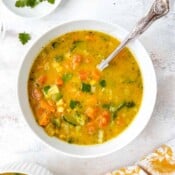
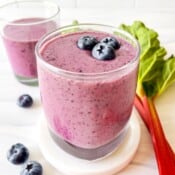
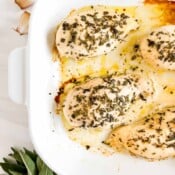
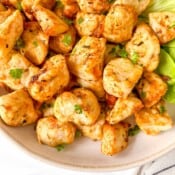
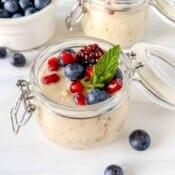
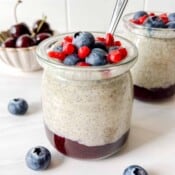
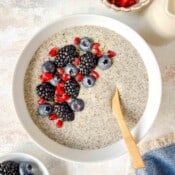

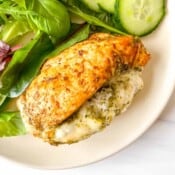
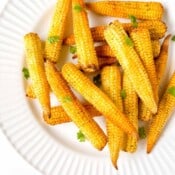
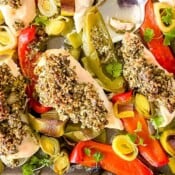
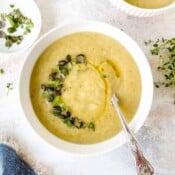
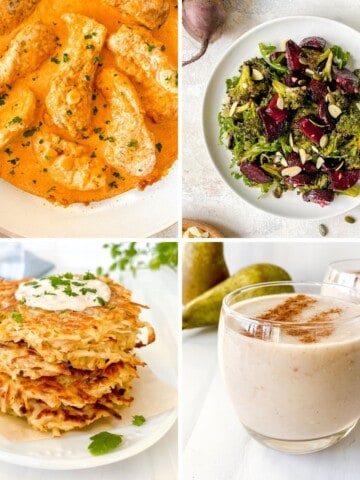
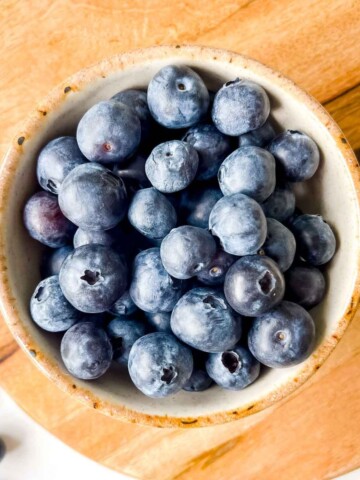
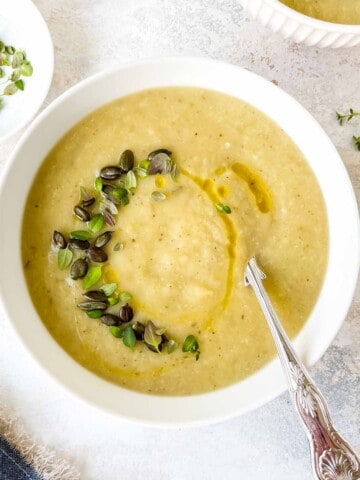
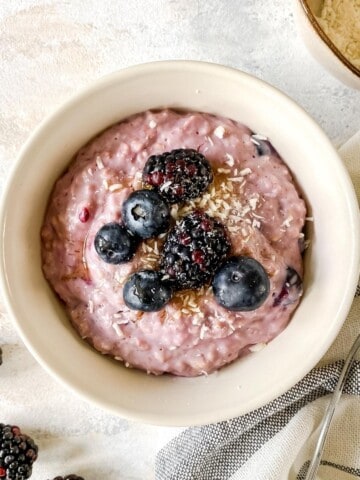
Robin says
Everything I read about quercetin online says that you should only take it for 12 weeks at a time. What are your thoughts on this?
Claire says
I suggest that you consult with a qualified medical doctor who can guide you for your particular health circumstances.
Maia says
I have histamine intolerance and I exchanged successfully my antihistaminic medicine for chamomilla tea or tincture. It' s rich in quercitin.
Claire says
Glad to hear that worked for you!
Birdie D says
I have been taking quercetin for a few months now. I came off Zyrtec as it caused weight gain and I don’t want to be on an antihistamine forever. However after reading about a dangerous supplement on the market I decided to do a deep dive into quercetin to be sure of safety. One thing I came across on Mount Sinai’s website was that in larger doses (1G/day or more), quercetin can potentially cause kidney issues. They also recommended taking breaks from it time to time if using long term. That of course made me nervous so I stopped for one day. The next day I woke up with swollen lymph nodes and other mcas symptoms. Coincidence, maybe? But that is one of my most predominant symptoms when I have a flare or attack. I think querceitn was keeping my mast cells at bay. Now I’m conflicted of what to do. Did your immunologist mention any risks of taking quercetin long term? Do you get your kidney function monitored? I don’t have a doctor managing my mcas. I have Dysautonomia with an unknown underlying cause, so good doctors are hard to come by with an understanding of the complexities of these co morbid conditions.
Claire says
Hi Birdie, I would suggest speaking with your doctor about your kidney function, and also asking for a referral to a MCAS specialist to help manage your health and advise on medication and supplements.
Lizy says
Check that you do not have lyme disease that causes mast cell syndrome to awaken
Laura says
Hello! Thanks for the post! I am wondering how you feel about this product all these months later? Do you still benefit from it? Thanks!
throughthefibrofog says
Hi Laura, I definitely find quercetin to be helpful so I have been taking it for years now. Be sure to check with your doctor, but I hope it helps you if they recommend it too.